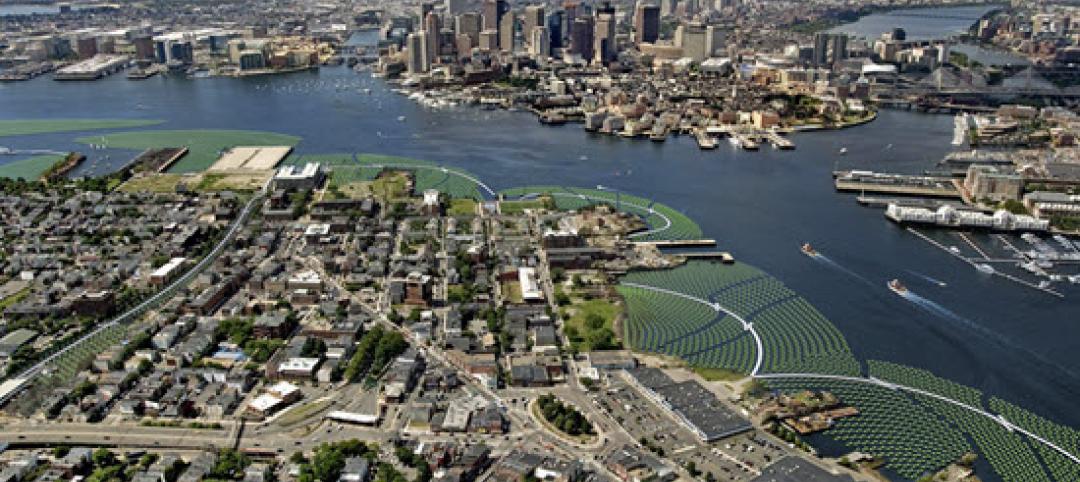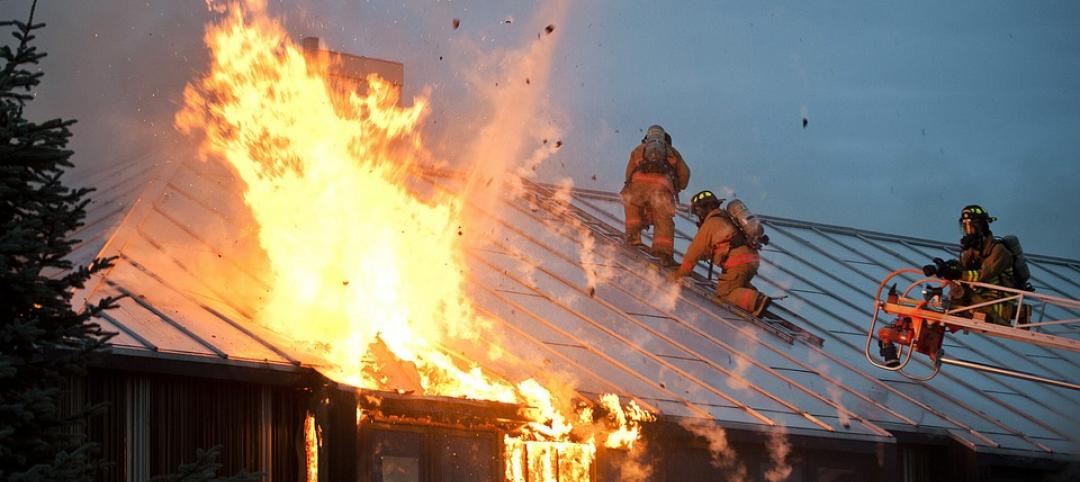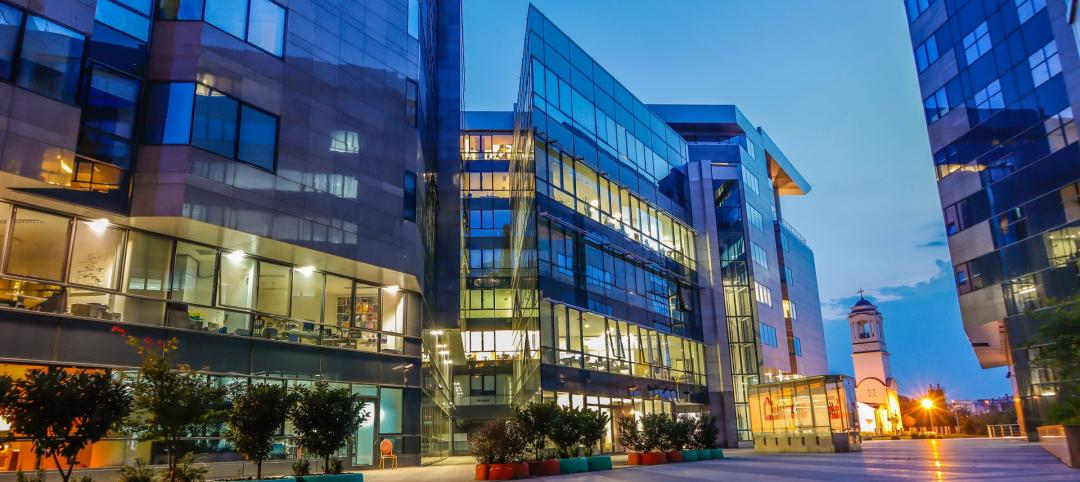Two years ago, a plan to create a smart city project along Toronto’s waterfront was unveiled with great fanfare.
Since then, the proposal, spearheaded by Sidewalk Labs, a subsidiary of Alphabet (Google’s parent company) has prompted extensive public criticism and a lawsuit by the Canadian Civil Liberties Association over data privacy and misuse concerns. The ambitious project was conceived as a showcase for the latest smart city technologies.
The project is to be centered on sustainable and safe transportation systems, and efficient and affordable housing. Technology such as “adaptive traffic lights” would prioritize cyclists and pedestrians and study the possibility of autonomous transit options. Innovative building materials and new occupancy models, like “co-housing”, would offer green, reasonably-priced housing.
With sensors tracking people and vehicles sprinkled throughout the development, privacy rights advocates are concerned that the data could be used for surveillance and discourage people to exercise free speech rights. It didn’t help that at public hearings Sidewalk Labs seemed unable to spell out where this data would be stored and how it would be used.
The company also presented a greatly expanded scope of the proposal from the original 12 acres to a 190-acre area at a public meeting, perhaps misreading the intent of the agreement with the city. These issues have caused delays to the project, but Waterfront Toronto, the city group overseeing it, recently voted to go forward with the 12-acre development.
Other smart city projects around the globe, including in South Korea and India, have been also been plagued by delays and controversies. These challenges indicate that making cities smarter will not be easy.
Related Stories
Codes and Standards | Jul 26, 2019
Floating landscape infrastructure wins top ASCE innovation prize
Climate resiliency a key theme of entrants.
Codes and Standards | Jul 24, 2019
New York making slow progress on resiliency seven years after Hurricane Sandy
Property owners face many challenges; coastal defense project plans are complex and need more time to plan.
Codes and Standards | Jul 23, 2019
Berkeley, Calif. passes nation’s first ordinance to make new buildings all-electric
No gas hook-ups will be allowed in new houses, apartments, and commercial buildings.
Codes and Standards | Jul 22, 2019
San Francisco office building is city’s first structure certified by BREEAM USA for existing buildings
The Landmark @ One Market is one of San Francisco’s most architecturally distinctive buildings.
Codes and Standards | Jul 16, 2019
ASCE seeks comments on update to Calculation Methods for Structural Fire Protection standard
Pertains to fire resistance rating times.
Codes and Standards | Jul 15, 2019
USGBC calls for proposals for feedback, concepts for next LEED version
The move follows successful public input on LEED 4.1.
AEC Tech | Jul 15, 2019
Lack of standards hampers development of exoskeleton industry
Guidelines, common terminology, and testing methodology are needed, says expert.
Concrete | Jul 8, 2019
Concrete repair code requirements released
American Concrete Institute offers guidance on assessment, repair, rehab of existing concrete structures.
K-12 Schools | Jul 8, 2019
Collaborative for High Performance Schools releases 2019 Core Criteria Version 3.0 Update
The update adds credits to lower carbon footprints and to promote climate change resiliency.
Wood | Jul 8, 2019
Campaign launched to promote ‘climate-smart wood’
The Forest Stewardship Council and other groups aim to help buyers understand and make it easier to locate lumber that meets sustainable forestry standards.

















